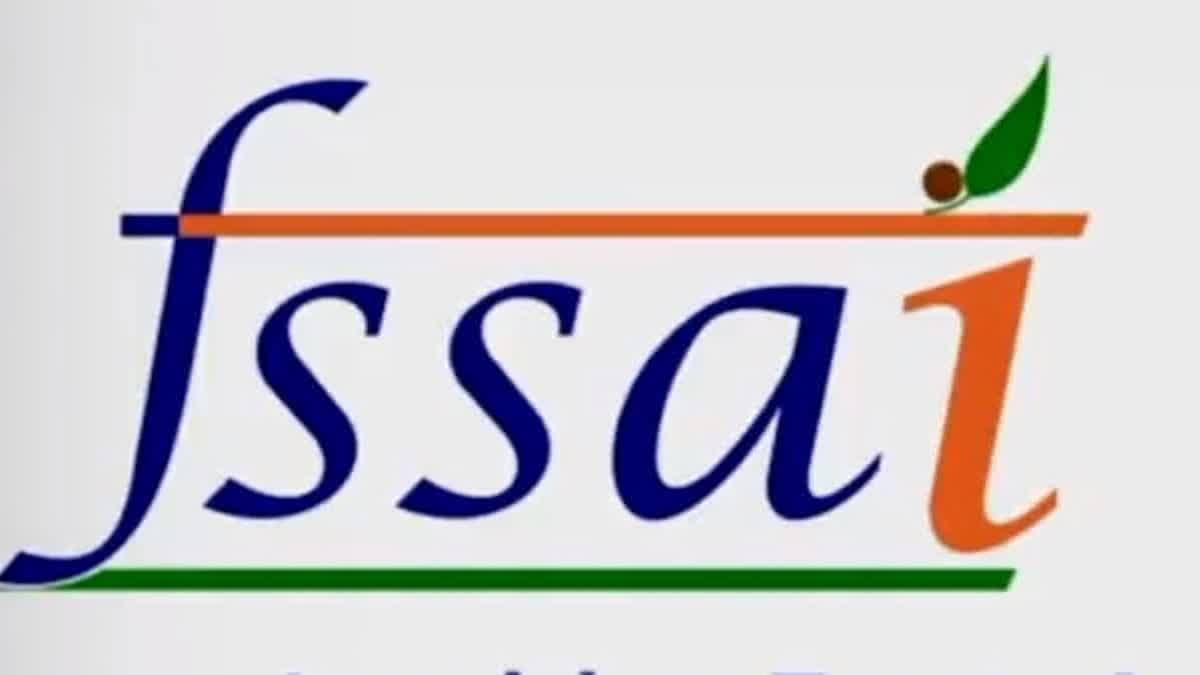Kolkata:The Food Safety Standards Authority of India’s (FSSAI) recent move to sampling and testing spices products and baby food of all brands has prompted the industry and NGO officials to demand that India should set a definition of unhealthy food for both adults and children and amend advertising regulations for food products.
Dr Nupur Bidla, PhD, National Coordinator of the Breastfeeding Promotion Network of India (BPNI), a child welfare NGO, said, "Food standards should not be discriminatory towards children, as they belong to every country and are unique."
She added, “The recent Nestle controversy has prompted authorities to re-evaluate regulations about the amount of sugar in baby food to ensure that they meet international standards. India needs to set a definition of unhealthy food for both adults and children. It is also critical to amend advertising regulations for FMCG to forbid the promotion of high-sugar, high-fat and high-sodium products, particularly to children, as a preventive measure to curb the consumption of these foods and reduce the burden of non-communicable diseases.”
Why did FSSAI swing into action for baby food?
In a recent media interaction, FSSAI CEO G Kamala Vardhana Rao said, “We are collecting samples (of Nestle's Cerelac baby cereals) from across the country. It will take 15-20 days to complete the process."
The move comes after the Consumer Affairs Ministry and the National Commission for Protection of Child Rights (NCPCR) expressed concerns about Nestle’s sugar content, taking note of the global report published by Swiss NGO Public Eye.
While the report claims that Nestle baby products sold in less developed nations have more sugar content as compared to European countries, the company maintained that it never compromises on compliance and has reduced sugar content in the past five years in baby food products in India up to 30 per cent, depending on the variants.
Health implications of high sugar content food
The health implications are profound and potentially far-reaching. Early childhood consumption of sugar-laden foods is linked to a plethora of health issues. The concern about sugar content in baby foods is also accentuated by the directives from the World Health Organisation (WHO), which advises against the inclusion of sugars in the diets of children under 24 months of age. Early sugar exposure is linked to several long-term health issues, including obesity, diabetes, tooth decay and heart disease later in life. These concerns are intensified in a country like India where urban lifestyles and rising disposable incomes have led to increased consumption of packaged foods.
The issue also raises significant concerns regarding consumer trust. Parents, inherently seeking the best for their infants, rely on brand integrity and accurate labelling to make informed choices. The revelation that products widely perceived as healthy could harbour hidden sugar shakes the very foundation of consumer trust in food labelling and safety standards.
Why FSSAI is probing into spices?
